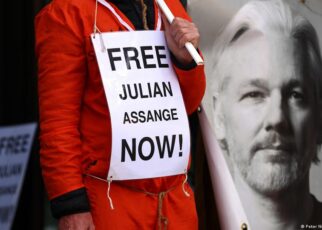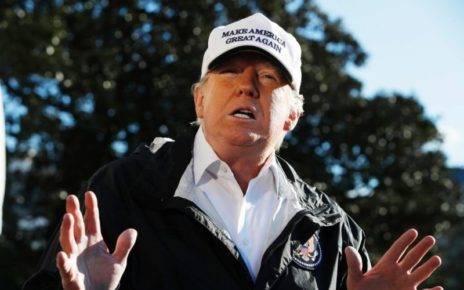In a significant turn of events, WikiLeaks founder Julian Assange walked out of a US court as a free man after striking a plea deal. Assange agreed to plead guilty to a single criminal count of conspiring to obtain and disclose classified US national defense documents. This plea deal was reached in the US District Court for the Northern Mariana Islands, located in Saipan, a territory chosen for its proximity to Assange’s homeland, Australia, and his reluctance to travel to the mainland United States.
During the three-hour hearing, Assange acknowledged his belief that his actions were protected under the First Amendment, which safeguards free speech. “Working as a journalist, I encouraged my source to provide information that was said to be classified in order to publish that information,” Assange told the court. He admitted that while he thought the First Amendment shielded his activities, he now accepts that he violated the espionage statute. Chief US District Judge Ramona V. Manglona accepted his guilty plea and released him, considering the time he had already served in a British jail.
Assange, aged 52, departed Saipan on a private jet, accompanied by Australian ambassadors to the US and UK. Their journey back to Australia was tracked closely, with their expected arrival in Canberra just before 7 PM local time. This momentous occasion attracted global media attention, though cameras were not permitted inside the courtroom.
Stella Assange, Julian’s wife, reflected on the emotional weight of the moment, sharing on social media how overwhelming it must have been for him to face the press after years of isolation in Belmarsh prison. Her sentiments resonate with many of Assange’s supporters, who view him as a hero for exposing potential US wrongdoing, particularly in conflicts in Afghanistan and Iraq. Conversely, the US government has maintained that the release of such classified documents endangered lives.
Julian Assange’s legal and personal battles have been protracted and intense. He spent over five years in a high-security British jail and seven years in the Ecuadorian embassy in London to avoid extradition to the US and faced accusations of sex crimes in Sweden. Throughout these years, the Australian government has consistently advocated for his release, engaging in diplomatic efforts with the United States.
Australian Prime Minister Anthony Albanese emphasized the calculated and patient approach his government took in negotiating Assange’s release. “This isn’t something that has happened in the last 24 hours,” he remarked at a news conference, highlighting the meticulous and strategic efforts made over time.
As Julian Assange begins a new chapter back in Australia, his case remains a powerful symbol of the complex interplay between national security, freedom of the press, and individual rights. The world will undoubtedly continue to watch closely as the narrative of this controversial figure evolves.





